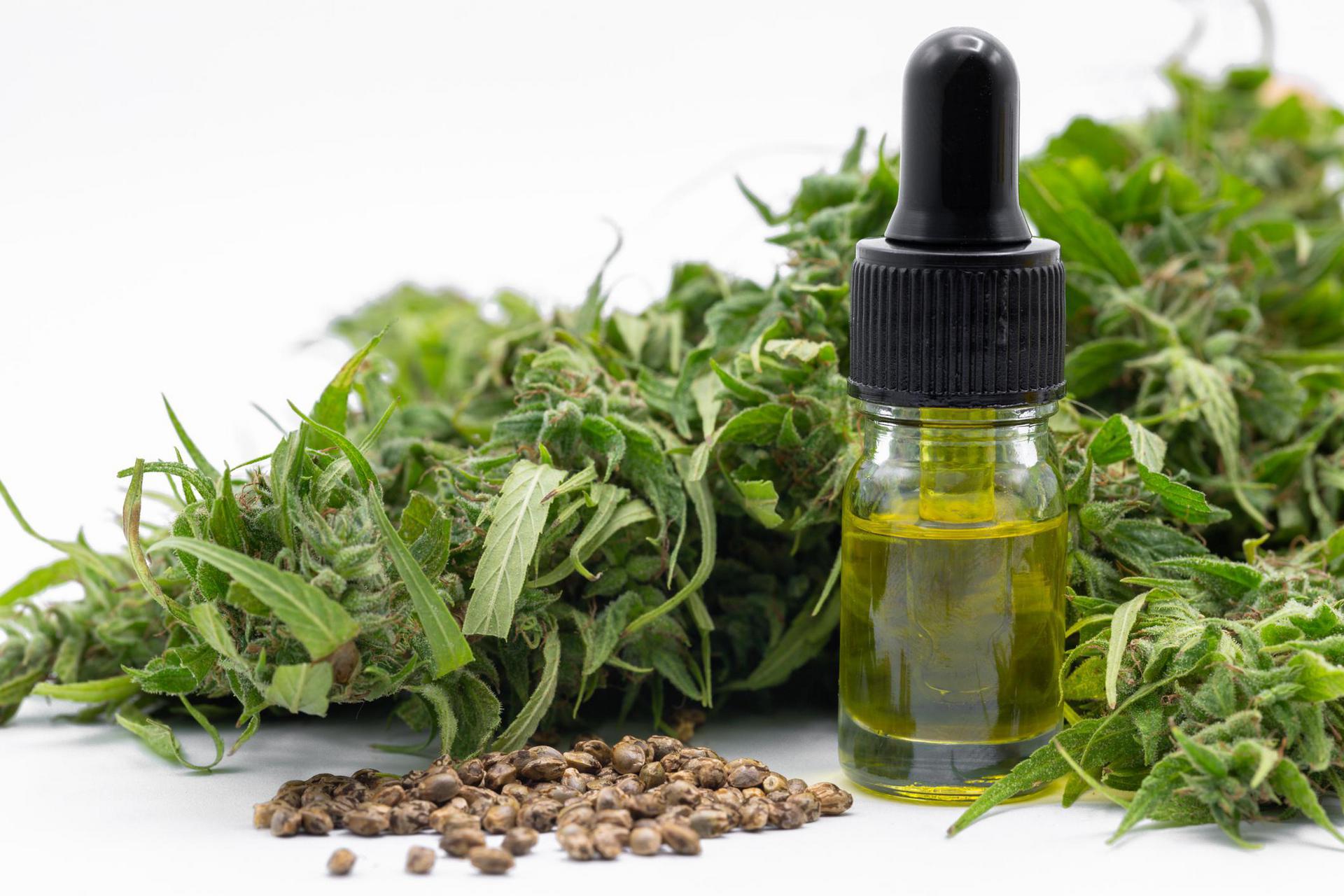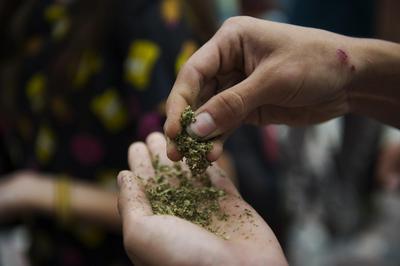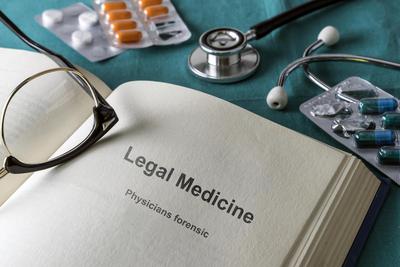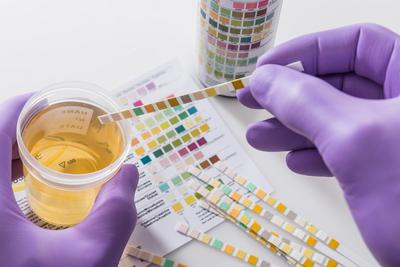Does CBD Show Up on a Drug Test?

Legal Cannabidiol, or CBD oil, is now infused into hundreds of easily accessible wellness products. A cannabis derivative used for soothing anxiety and relaxing muscles, it is often confused with THC, the other cannabis derivative widely known for its intoxicating effects. CBD products are becoming increasingly popular around the United States as all 50 states permit CBD extract to be used without a prescription.
Advocates say that CBD may be able to provide relief to people who are anxious and stressed. However, not knowing if you are going to fail a drug test is stressful in and of itself, so it's important to be know beforehand if CBD can cause a positive.
What is CBD?
CBD stands for cannabidiol, an active chemical compound found in cannabis plants. When farmers and growers process cannabis plants, they separate the sterilized seeds, stems, and leaves from other parts of the plant that contain psychoactive properties. The sterilized parts of the plant are known as hemp, while the intoxicating elements are known as marijuana.
Many people are understandably confused because they are used to calling the entire cannabis plant marijuana. This is a frequent but incorrect assumption.
The element of the marijuana plant most frequently associated with intoxication or the feeling of being 'stoned' is THC (tetrahydrocannabinol). When someone ingests medical or recreational marijuana, they're experiencing both THC and CBD. However, the products that you can buy over the counter or online that are labeled 'CBD' have a strictly regulated amount of THC — less than 0.3%. This ensures that these products are not intoxicating, and instead are used for a variety of other benefits. But...can those low levels of THC still cause someone to fail a drug test? And how do you know for sure if the CBD products you purchase are actually compliant with the THC-level restriction?
How Did CBD Become Legal?
A couple of years ago, the Agriculture Improvement Act of 2018 put regulations in place on the use of hemp and hemp products, including CBD. The language of the bill removed CBD from the list of DEA (Drug Enforcement Administration) classified substances, and instead classified it as an agricultural commodity. Although individual states have placed restrictions on the sale and use of CBD, the only federal restriction is that it must contain less than 0.3% THC.
The legalization of hemp and CBD has moved control of this substance from the DEA to the U.S Food and Drug Administration (FDA), the federal body that oversees the safety of the food, drugs, and cosmetics sold within the United States.
The FDA has publicly admitted that they have struggled to evaluate many CBD products before they're brought to market, and still don't know the particular risks of CBD, especially to vulnerable populations like children or pregnant women.
Some Individual States Have Limited the Sale of CBD Products
Despite the fact that it's federally legal, there are some individual states that have placed further restrictions on CBD products, over and above the 0.3% limit on THC. These limits include restrictions on who can grow it (Delaware, Maine) and how it must be labeled (Florida).
Can Using CBD Cause a Positive Drug Test?
Since the use of CBD products is so new, many researchers and doctors are still in the testing phases of determining how CBD reacts with standard drug tests. In a small study at Johns Hopkins Medicine, researchers found that participants who used a pure CBD product did not test positive for cannabis on a standard urine drug test.
However, a different study showed that labeling and testing of CBD products have not yet reached a reliable standard. In a 2017 Journal of American Medical Association study, researchers found that THC was detectable in 21% of products sampled.
This means that using these products is not a zero risk proposition. If you are subject to drug testing for any reason, you should be very careful to only choose CBD products that you can trust. While standard urine drug tests, such as a 5 panel or a 10 panel drug test, do not specifically test for CBD, the THC in the CBD products you use can appear as marijuana on a drug test.
Many companies selling CBD products claim that there is absolutely no THC in their product, but it's almost impossible to prove that. Your chances of using a product with more than 0.3% THC are low, but consumers should be aware of the risks before they consume.




